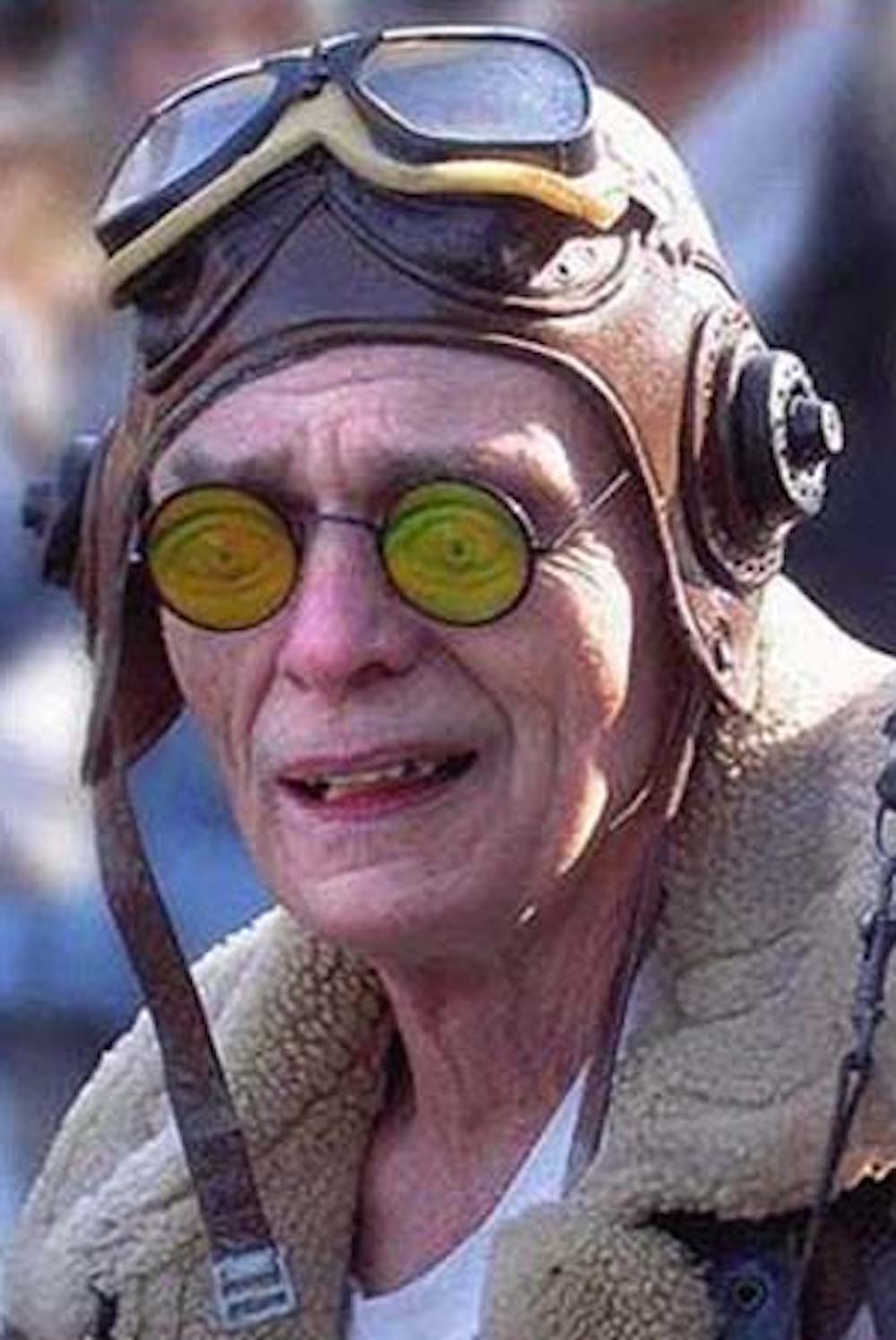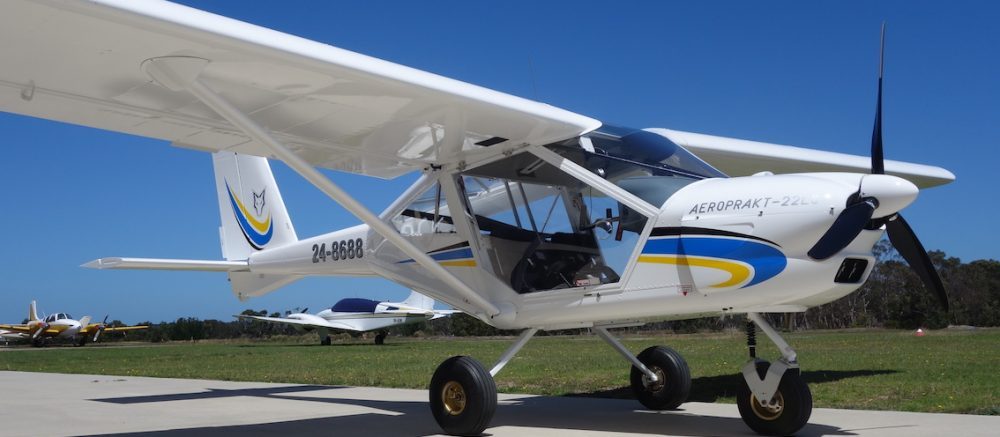 Here’s an interesting one – should there be a fixed retirement age for GA (ie light aircraft) private pilots?
Here’s an interesting one – should there be a fixed retirement age for GA (ie light aircraft) private pilots?
Airline, military and other professional pilots have a mandatory retirement age of 65, sometimes younger. And even before retirement age, it is sometimes required that a co-pilot is mandatory and must be under the age of 60. But as such, there is no official retirement age for us recreational and sport pilots.
A recent study in USA (by Alpo Vuorio and others, published in Aerospace Medicine and Human Performance) looked at over 100 fatal accidents involving private pilots in the age range 70 to 92 years over a 10-year period. Pilots in this age range represent a relatively small percentage of the pilot population (around 7% on most recent figures).
The study looked at the possible contribution of anti-depressants and anti-histamines in fatal accidents.
It was found that anti-histamines were present in the blood of almost 20% of the pilots in this age range who died in aviation accidents. The study concluded that this may be because, in this age group, the sedative effects of anti-histamines may be used as sleep medication – but the problem is that anti-histamines reduce REM (‘rapid eye movement’) sleep and therefore may impair performance.
Anti-depressants were present in almost 10% of pilots who died in accidents. While there are anti-depressants which are suitable for use by pilots, there are plenty which are not, because of their negative side-effects, including fatigue, drowsiness and blurred vision. The study also noted that over 12% of fatal accident pilots had been taking three or more different drugs at the time of their fatal accident.
These findings are interesting in the light of the trend towards GP based (rather than Designated Aviation Medical Examiners – DAMEs) for GA and recreational medicals. On the one hand, it could be argued, GP medicals may not be as stringent as those by a DAME, on the other hand it is likely that a pilot’s GP will be more aware of medications which the pilot may be taking and their overall general health.
All this attention on medications should not divert attention from the inexorable process of ageing, which takes its toll on reaction times, physical strength, eyesight, hearing etc etc. Some older friends and colleagues of mine have decided to hang up their flying goggles after a near accident; others took the decision before it was made for them. Whatever our age, we should all fly within our capabilities and watch out for the occasional bounced landing which gradually, almost imperceptibly, becomes the norm. And we all read about Harrison Ford* (age 74) landing on a taxiway, over the top of a waiting airliner, even though he probably has more flying experience than most of us….
As some kind of a safety net, there is a 2-yearly compulsory Aircraft Flight Review (an AFR; used to be called a Bi-Annual Flight Review, or BFR) to at least identify potential pilot shortcomings and give advice on improvement – maybe the check instructor should be asking what medications the pilot has taken in the 48 hours before the review?
But overall, to reduce the chance of an accident, stay fit, sleep well, don’t fly if you’re under the weather(!), avoid anti-histamines and anti-depressants and read the side effects of any and all medications. If in doubt stay on the ground and don’t risk becoming a statistic….whatever your age!
* There is no intention here to suggest that Harrison Ford was taking any medication or any other drugs which may or may not have influenced his decision making

Thanks for raising another interesting topic Peter. I guess the same considerations come into play when deciding when it is time to give up driving, although the loss of independence that entails is a complicating factor.
Yesterday saw glorious autumn weather here in Perth – blue skies, a gentle breeze – in short a perfect day for flying. I went to Bindoon to put some fuel in the Foxbat and do some basic cleaning up in prep for flying some amateur photographers around next weekend. Having done that the itch to fly was mighty strong. However, I am recovering from a two week long bout of flu and though I felt OK, decided against pushing it. I have found this a few times recently – all the indicators look good for flying and there is no health issue I can put my finger on. Just don’t feel 100% “sharp”. It shows up in the pre-flight when I find my mind wandering a bit and being just a little unfocussed and clumsy. That’s a good sign it is a day to sweep out the hangar and watch others fly I reckon. It doesn’t happen often but if ever those days become more common than the other kind – then it will be time to start flying only as co-pilot or hang up the goggles altogether.
Re the medications issue. These days anyone over 60 is likely to be on blood pressure tablets and probably statins for cholesterol too. Then there may be sugar controllers etc in the cocktail as well. If well managed these things probably reduce risk – CASA certainly thinks so. But…there is a lot of chemistry going in the blood stream and a change of routine or schedule can cause odd things to happen. Lack of good sleep is more of a factor for me and of course this is more common among older people. I don’t believe in a mandatory retirement age but there may be an argument for a mandatory age limit to the passenger carrying endorsement.
Cheers,
AM
Sorry – can’t resist it Peter.
On the face of it the study is well-meaning and it does bring to attention factors that we older flyers need to bear in mind but it does seem a fairly light-weight piece of work to me.
I think your last two paragraphs sum the situation up nicely. A frank conversation with a GP who knows you and our AFR/BFR are keys to safety at all ages.
I have not read the study and perhaps you have left out some key points that the authors made. But consider, if I were to tell you a study revealed over 90% of senior pilots were wearing trousers in their fatal accident so therefore ……..! Of course you would laugh me out of the hangar.
The presence or otherwise of “almost 20%” and “12%” indicates nothing about the cause of the fatal accident. If the point of the study is to examine the performance of older pilots as affected by certain pharmaceuticals, we need to see the details for younger pilots involved in fatals as well as the numbers for both groups not involved in accidents. These chemicals are probably bad for everyone (my bias) and maybe a tighter regime on their use for all pilots is warranted.
Cheers
Norm
Personally I don’t think that this needs to be regulated, as long as you can still display competency & are medically & physically fit you should be allowed to fly, I’ve got another 8 years before I retire from the airlines & hope to have at least 15 years after that of flying around Australia as a grey flying nomad in our orange Foxbat we call “Lulu”.